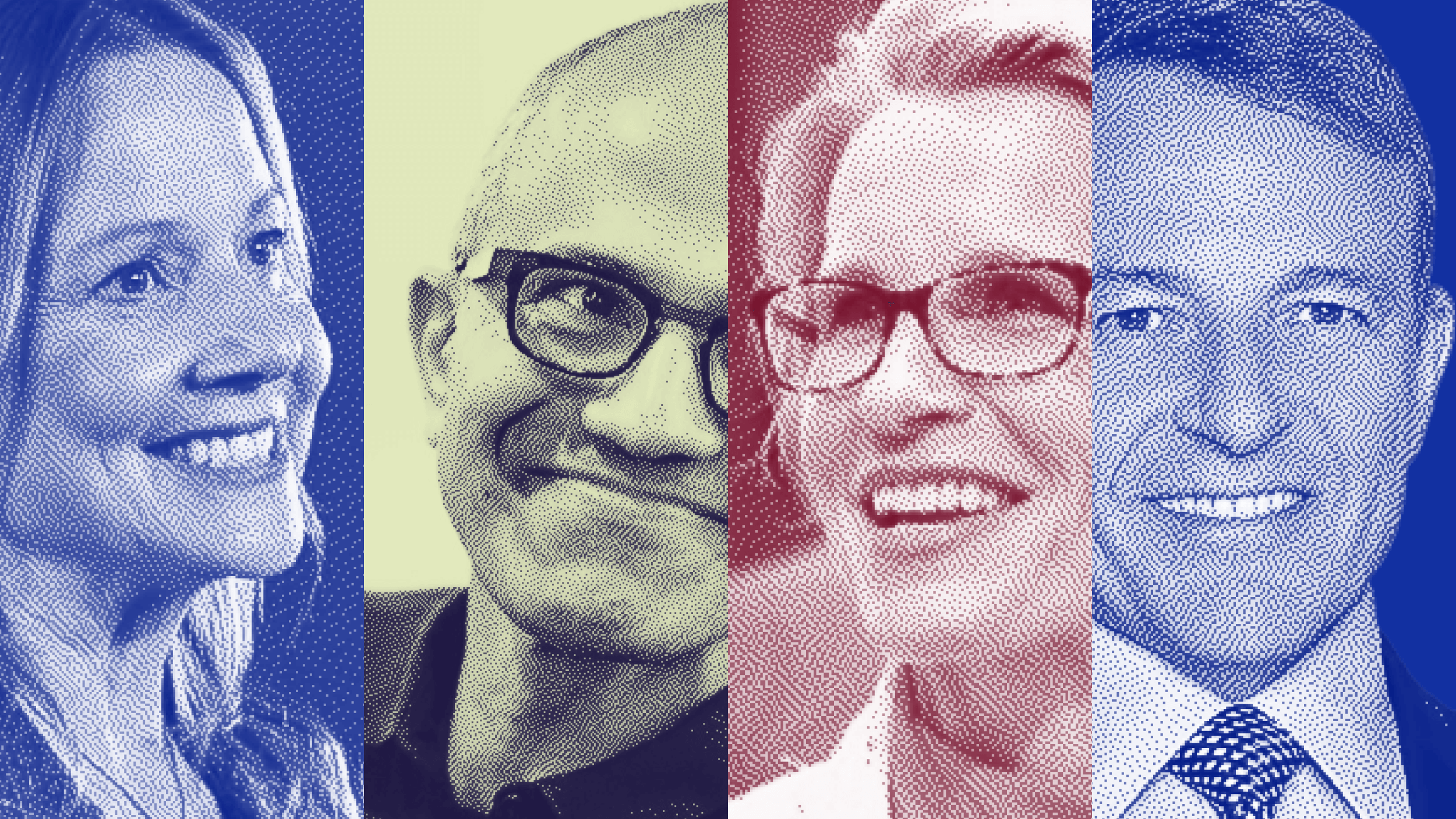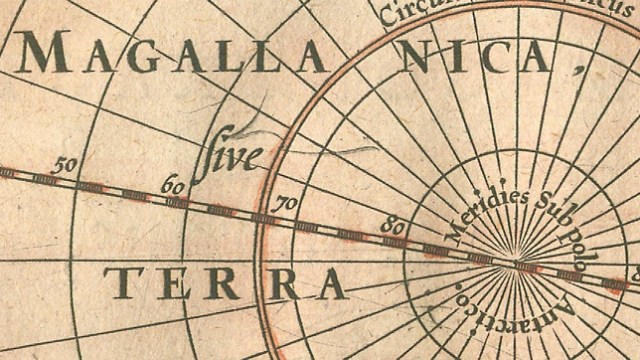Is Information Technology a Threat to Equality?
James Taranto is a Wall Street Journal writer now internationally famous as a self-important jerk because of this tweet yesterday about the Aurora killings: “I hope the girls whose boyfriends died to save them were worthy of the sacrifice.” Like most people who saw it, I thought this was an appalling sentiment. But why, exactly, does it feel so gratingly wrong? I think it’s because Taranto was violating one of modern Americans’ most sacred values: the notion that all of us are perfectly equal (especially when we need others’ help).
Moral and legal equality is vital to the way modern societies run. If you appear in the emergency room, the doctor’s duty is to treat you, not to decide that you cut your thumb with that power saw because you were drunk, and therefore you go to the end of the line. If a six-year-old child who lives in the school district shows up on the first day of class, we presume the school must take him in—rather than saying, well, you aren’t that smart, so come back in a year. If your house is blown away by a tornado, the government doesn’t evaluate how well you built it before giving you aid.
The other day I saw a bus stop to pick up a person in a wheelchair. In New York City this entails a slight delay as the bus is lowered, and its steps folded down, to accommodate the chair. Traffic was backing up. Maybe someone in one of those stopped cars, or on the bus, had a thought like: Why do we all have to wait for you? Why is it so important for you to be able to get on this bus? But woe betide anyone who said such a thing. The prevailing norm (and the law of the land) is that anyone ought to be able to take the bus, and each passenger’s reason is as good as the next’s.
Now, it may be that this norm flows from the innate decency and goodness of the American people. But Taranto’s boorish tweet got me to wondering if perhaps this isn’t true. Perhaps, rather, we consider everyone equal simply because we lack the information to rank them.
After all, the notion that all of us are equal in value is shared everywhere in the world. Indeed, it’s pretty rare in human history. Much more common is the notion that some people are innately better than others. After a battle in any Shakespeare play, for example, the casualty report consists of nobles who are named and then everyone else (in Henry V, when the king asks who died in battle against the French, the answer is “Edward the Duke of York, the Earl of Suffolk, Sir Richard Ketly, Davy Gam, esquire, none else of name.” Just 25 other guys who aren’t worth more thought.)
Now, if equality is not a norm born of deep moral conviction, but rather a consequence of inadequate information, then the norm may be in trouble. Not because of a change in moral reasoning, but because of advances in technology.
As private life becomes more exposed on line, and we get used to seamless exchanges of information on ubiquitous computing devices, it will become possible to make judgments about who is more worthy than whom—to get a seat on the bus, to get out of the traffic jam first, to get credit, to see the doctor first and for the lowest fee.
Abundant data is already eroding what had once been a presumption of equality. Example 1: It used to be that the way to stay in good graces with a credit card issuer was to pay their bills on time and not go over their credit limit. Today, it’s routine for your interest rate and credit limit to be altered because of your behavior with other bills. Example 2: Not long ago, employees on a company health plan paid roughly the same rate per head. Today, some companies require smokers and overweight people to pay more. In both these examples, equality has given way to a hierarchy of worthiness—a hierarchy based on data.
As the sphere of private life shrinks, those data-based opportunities for ranking people multiply. It is hard to argue with the logic: If you choose to smoke, you’re likely to cost the health care system more money. If you’re late with a lot of bills, you might be late with the mortgage some day, even if you never were before. But if it’s possible to judge all of us all the time on everything, then, inevitably, some people will be judged more worthy than others. And with that judgment goes the decent, democratic and respectful presumption that we’re all equally worthy of life, liberty and the pursuit of happiness.
Follow me on Twitter: @davidberreby





